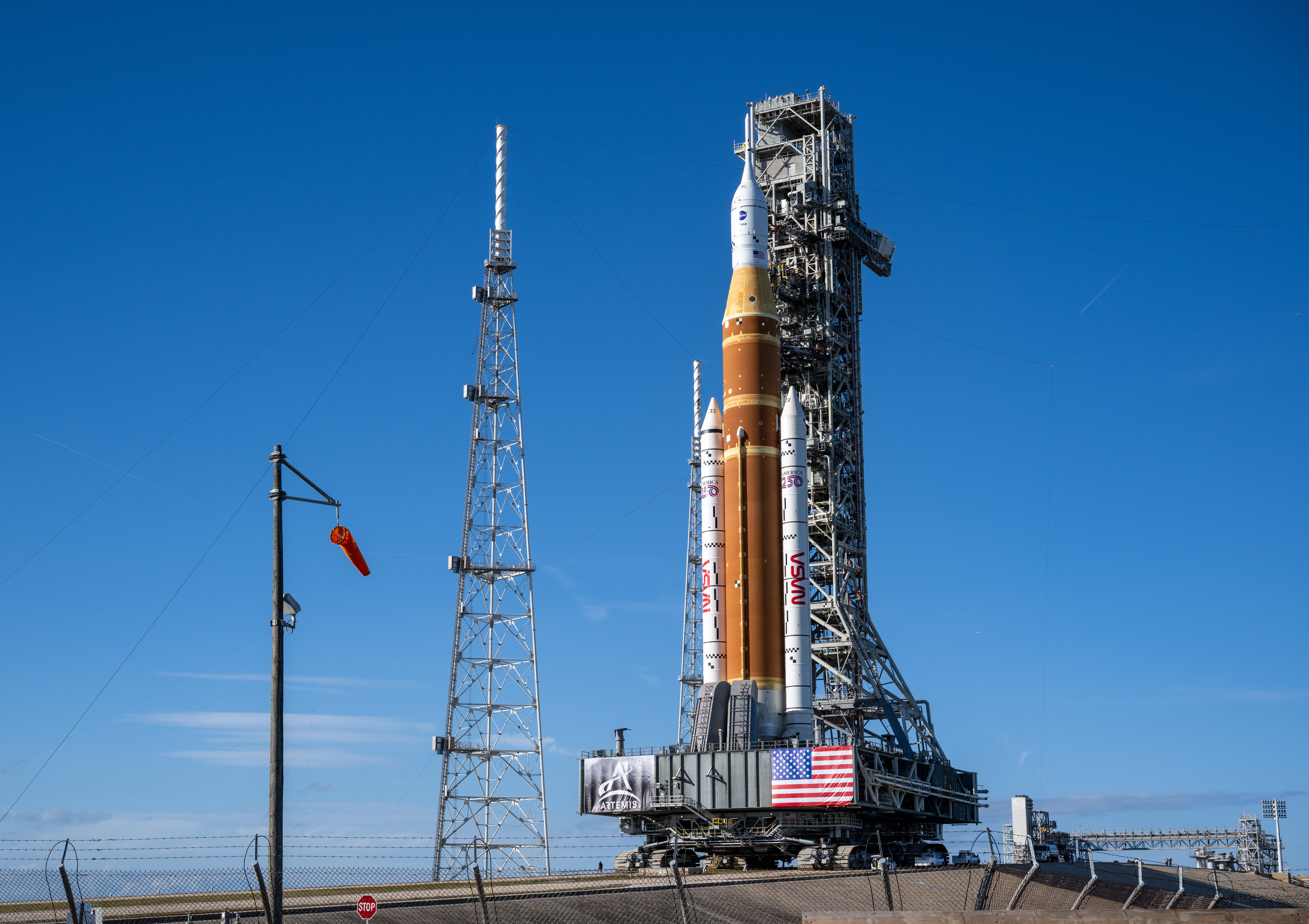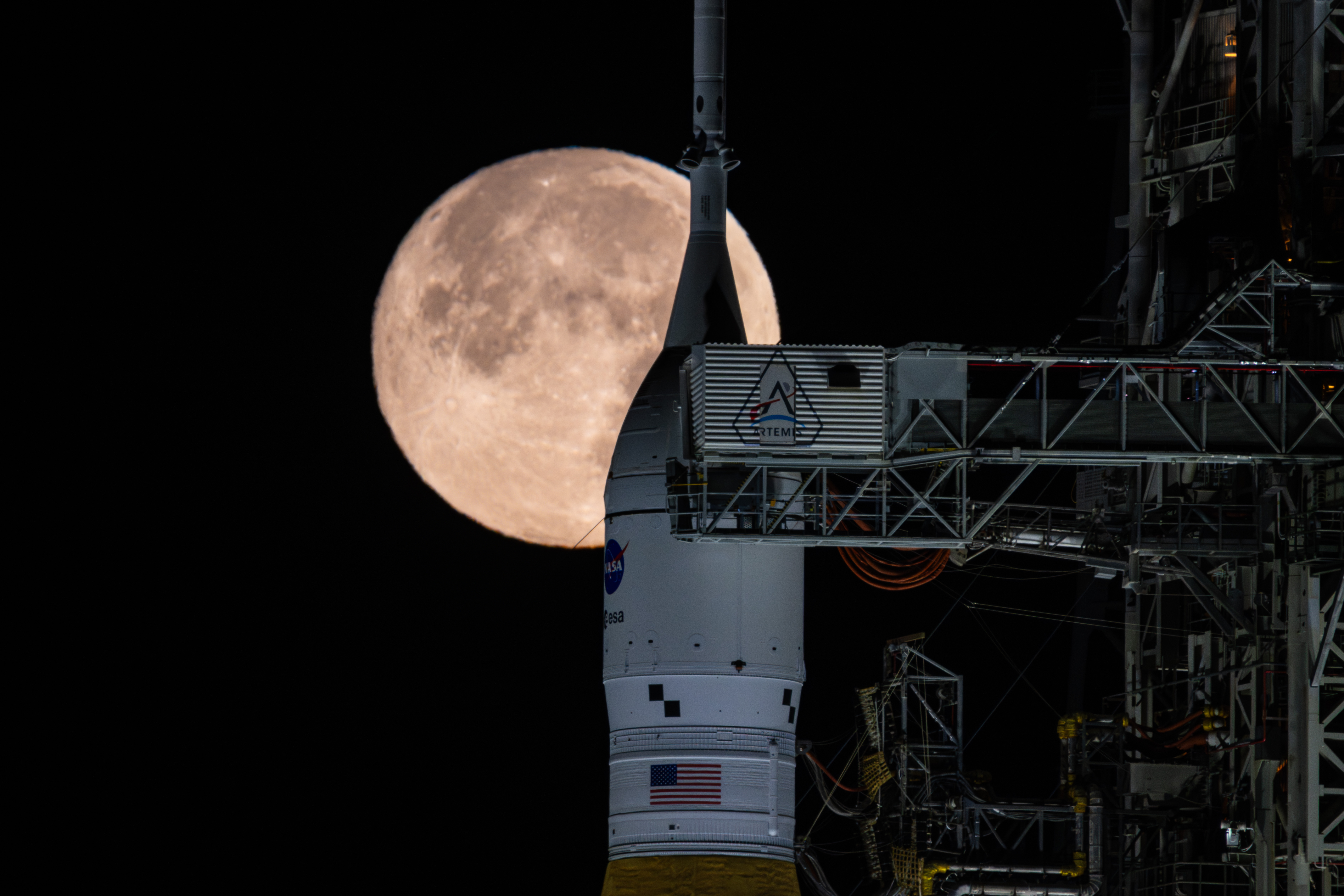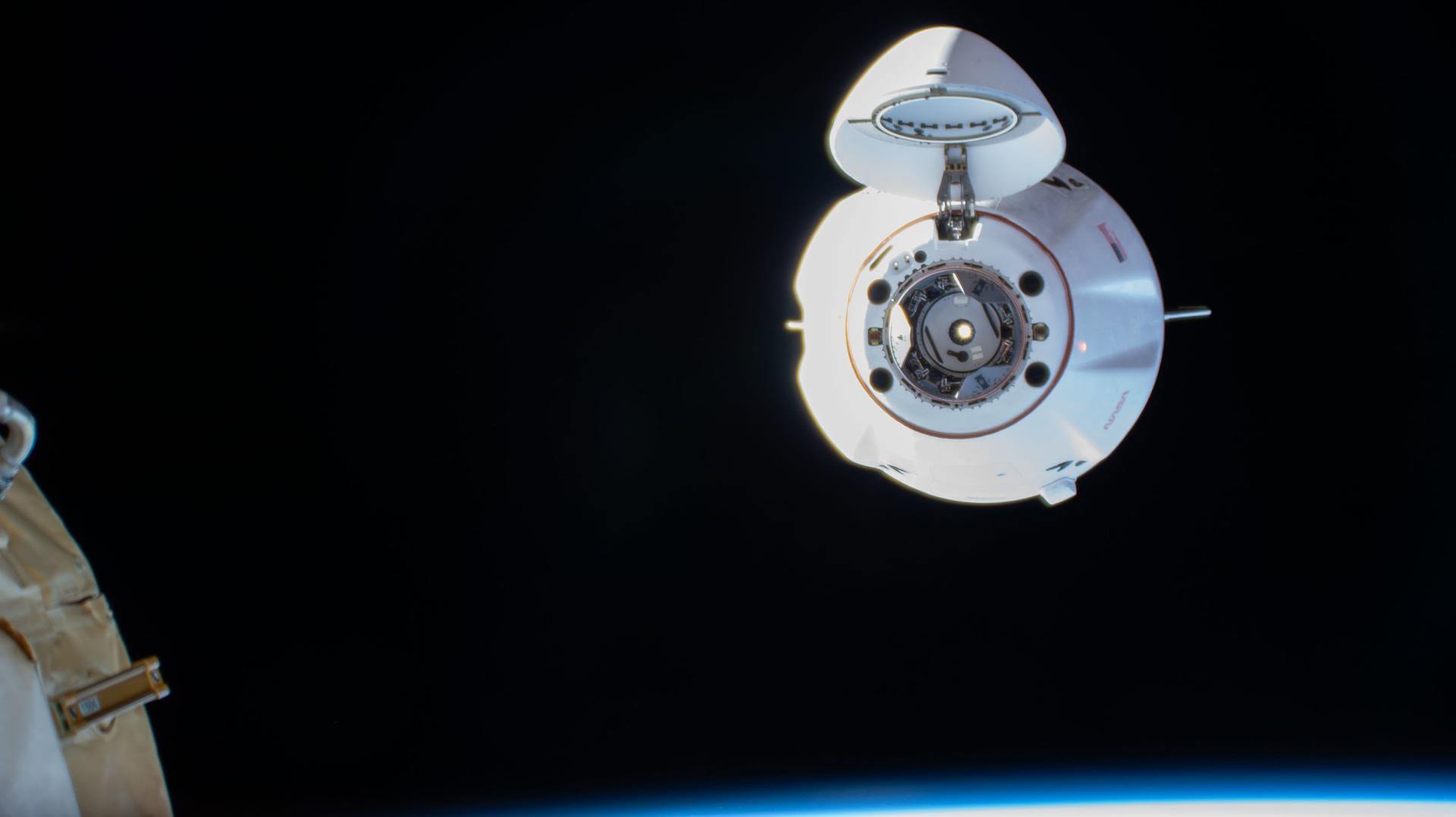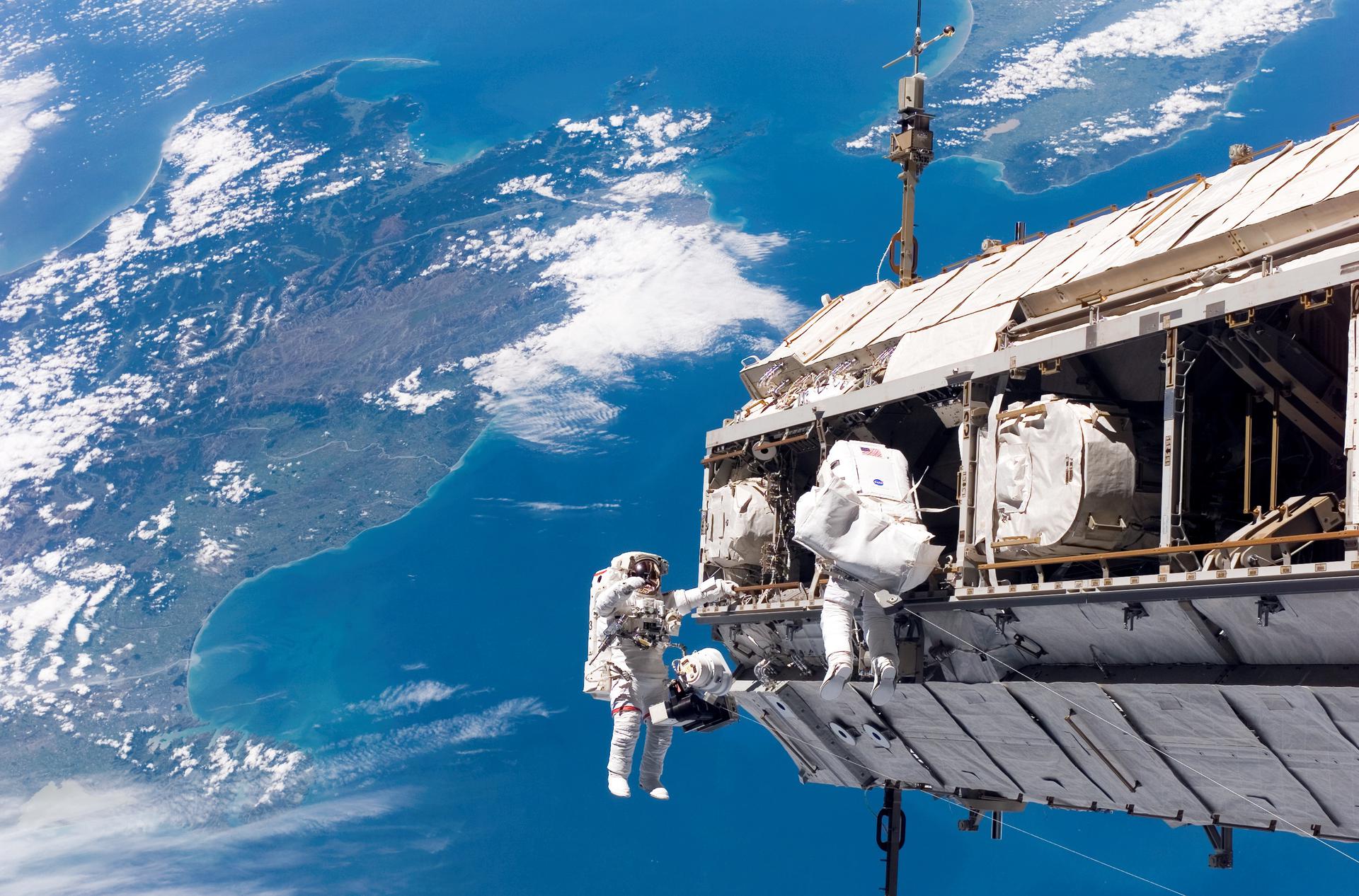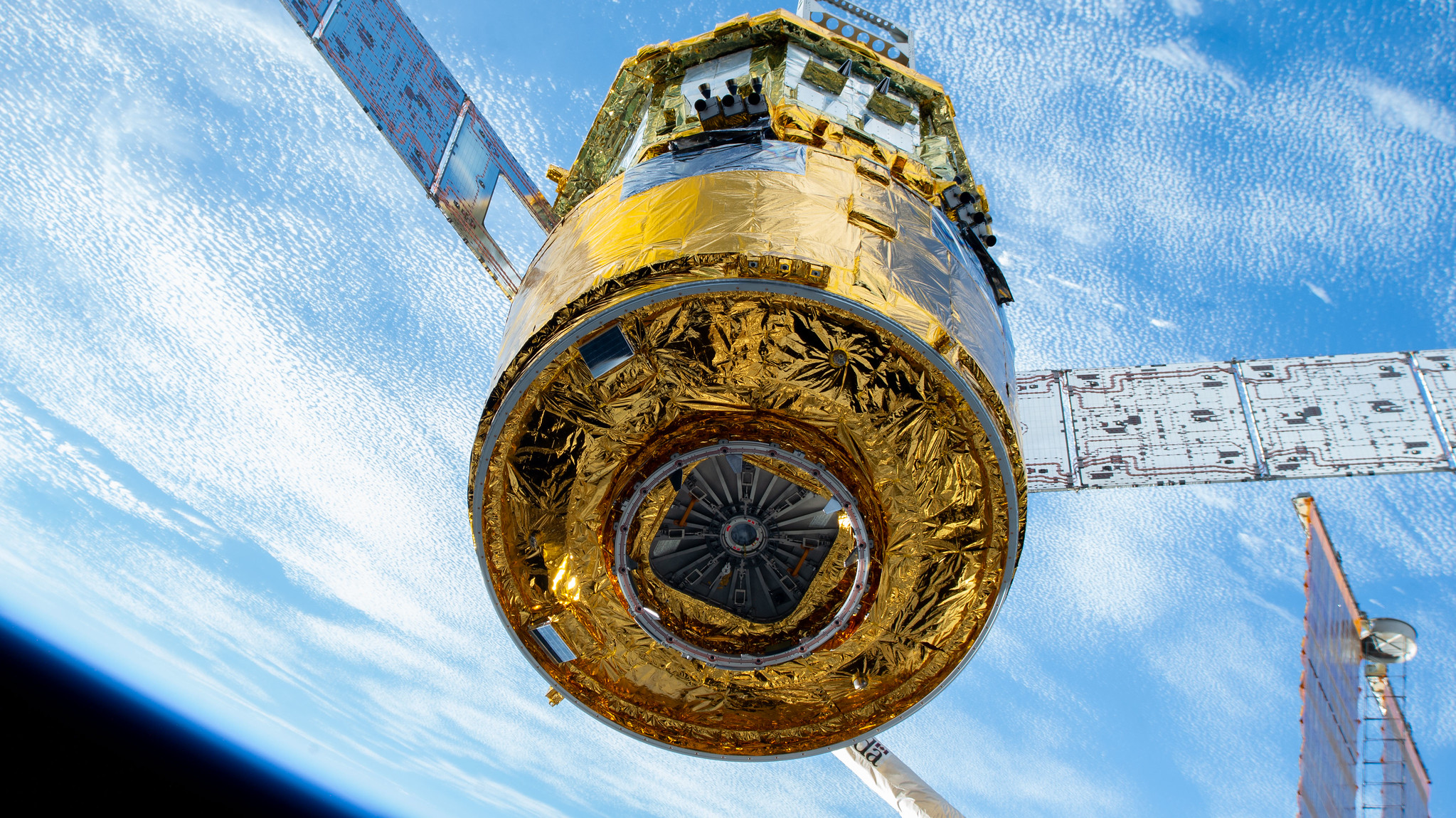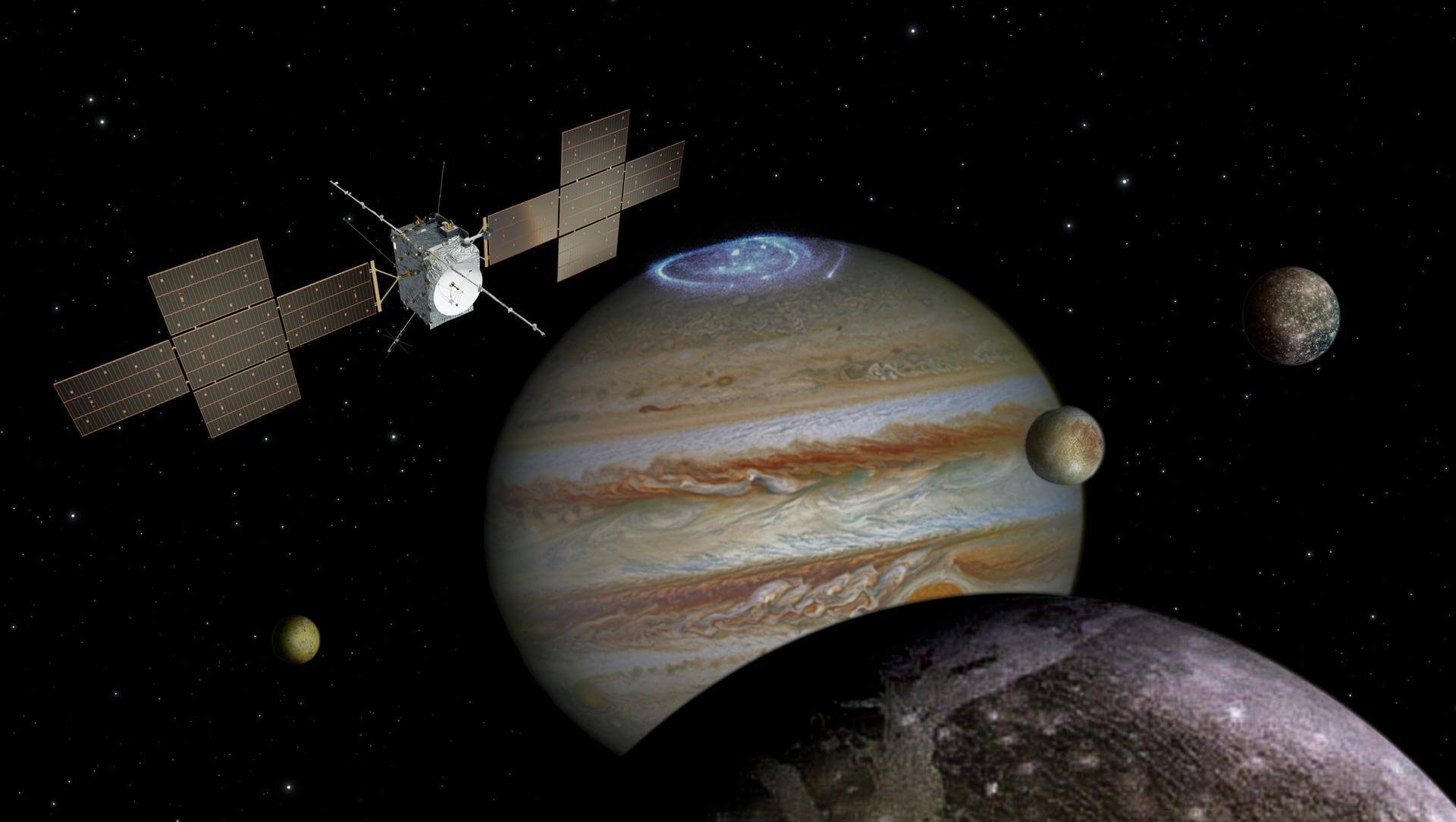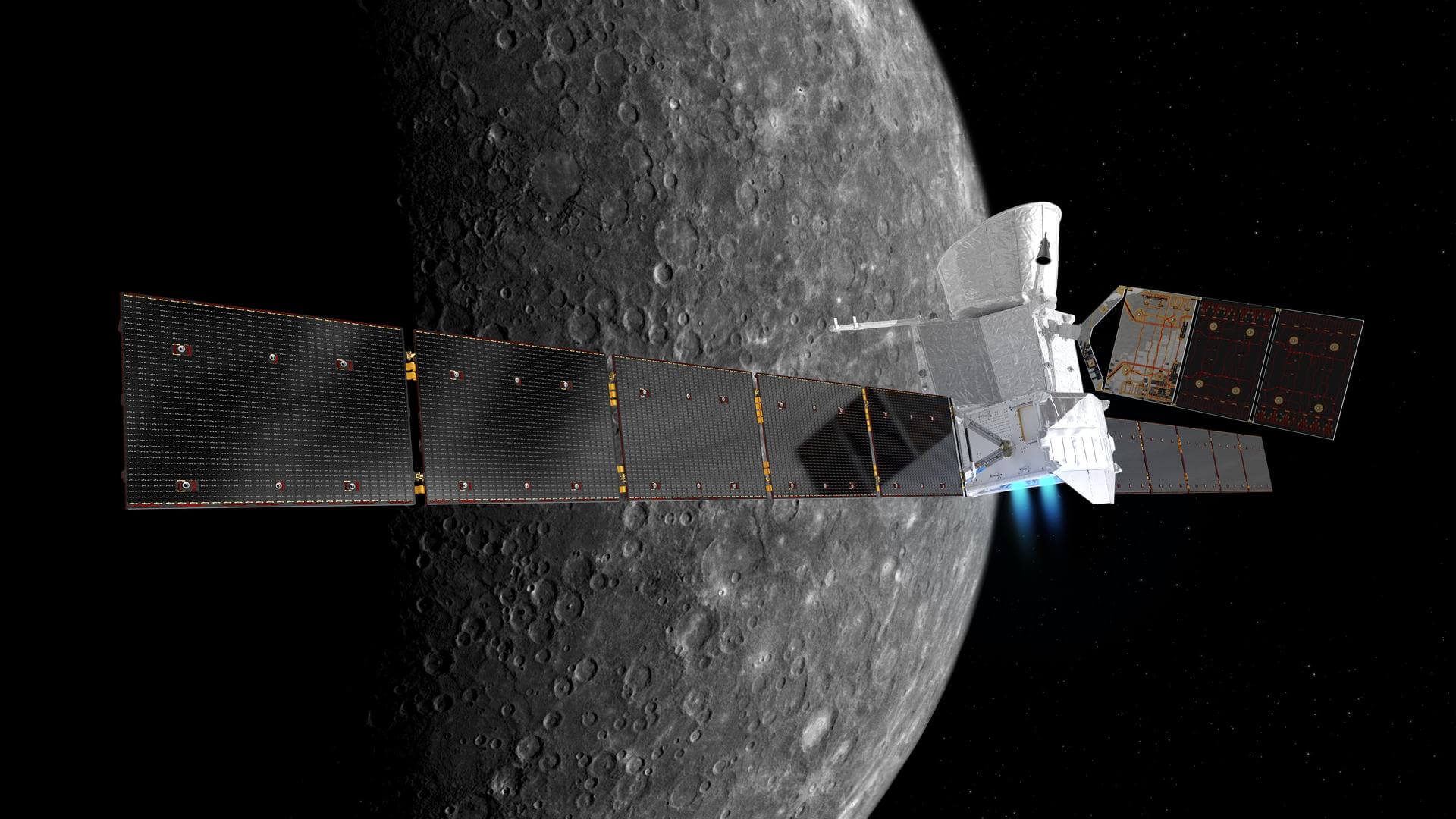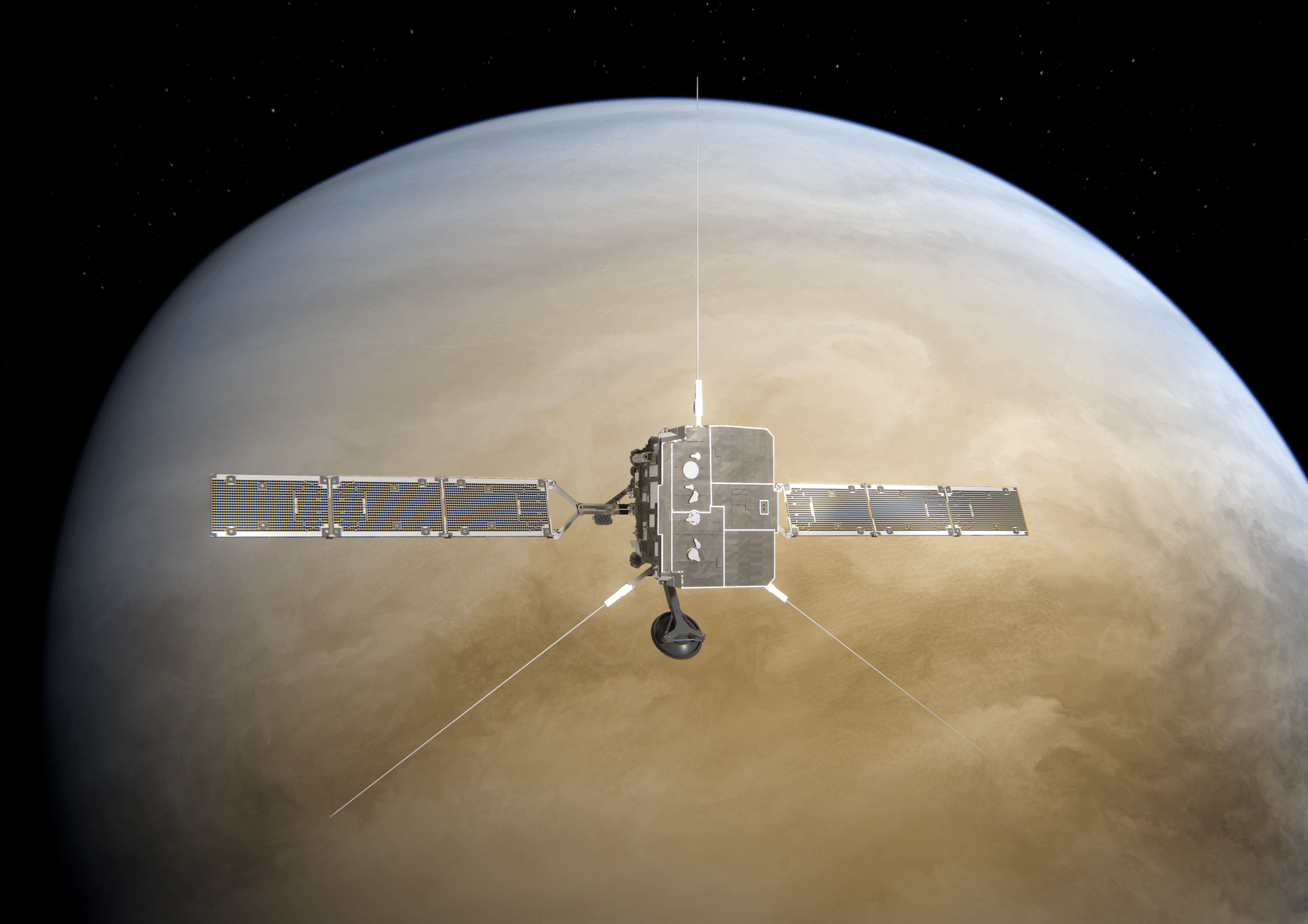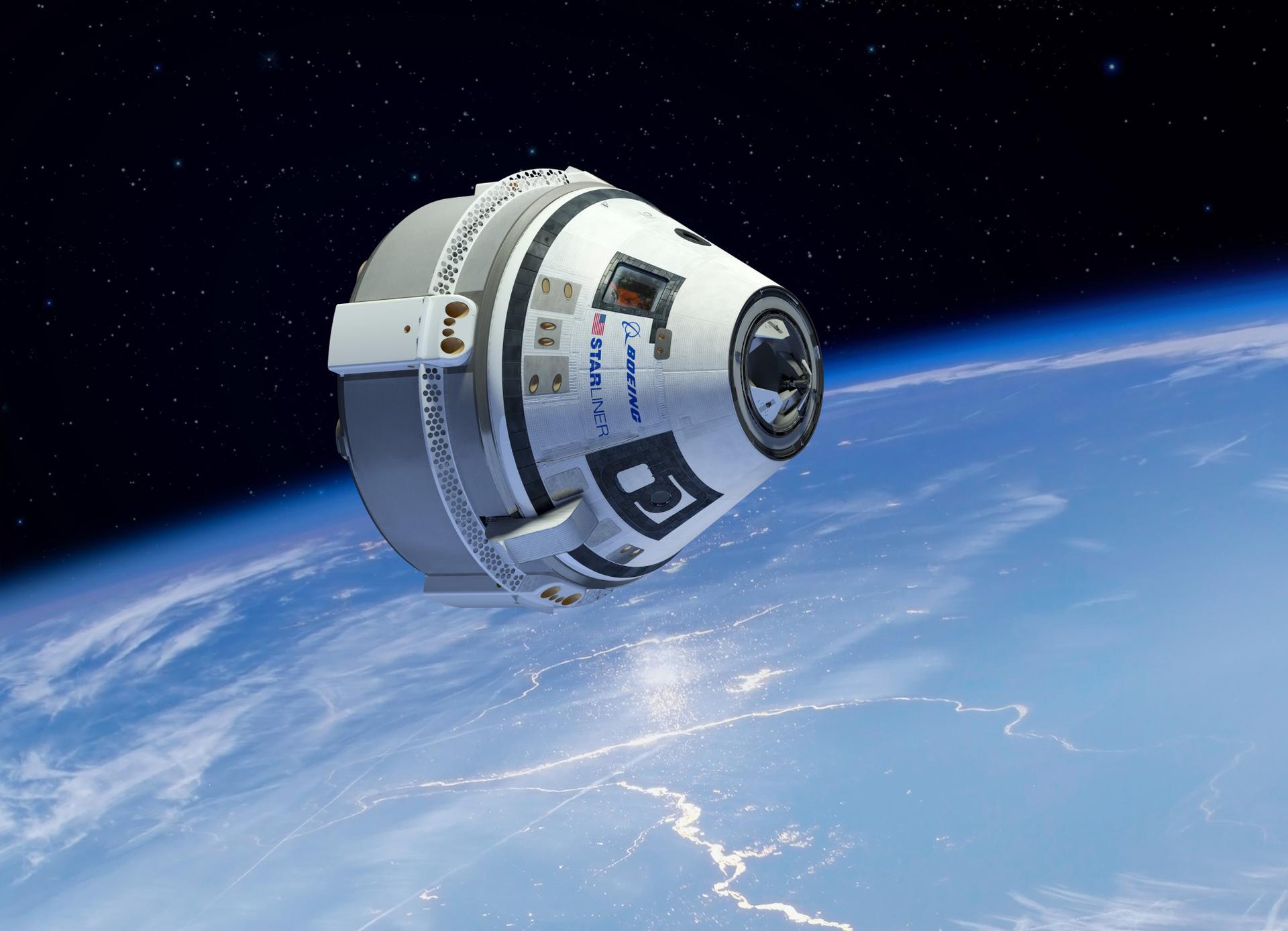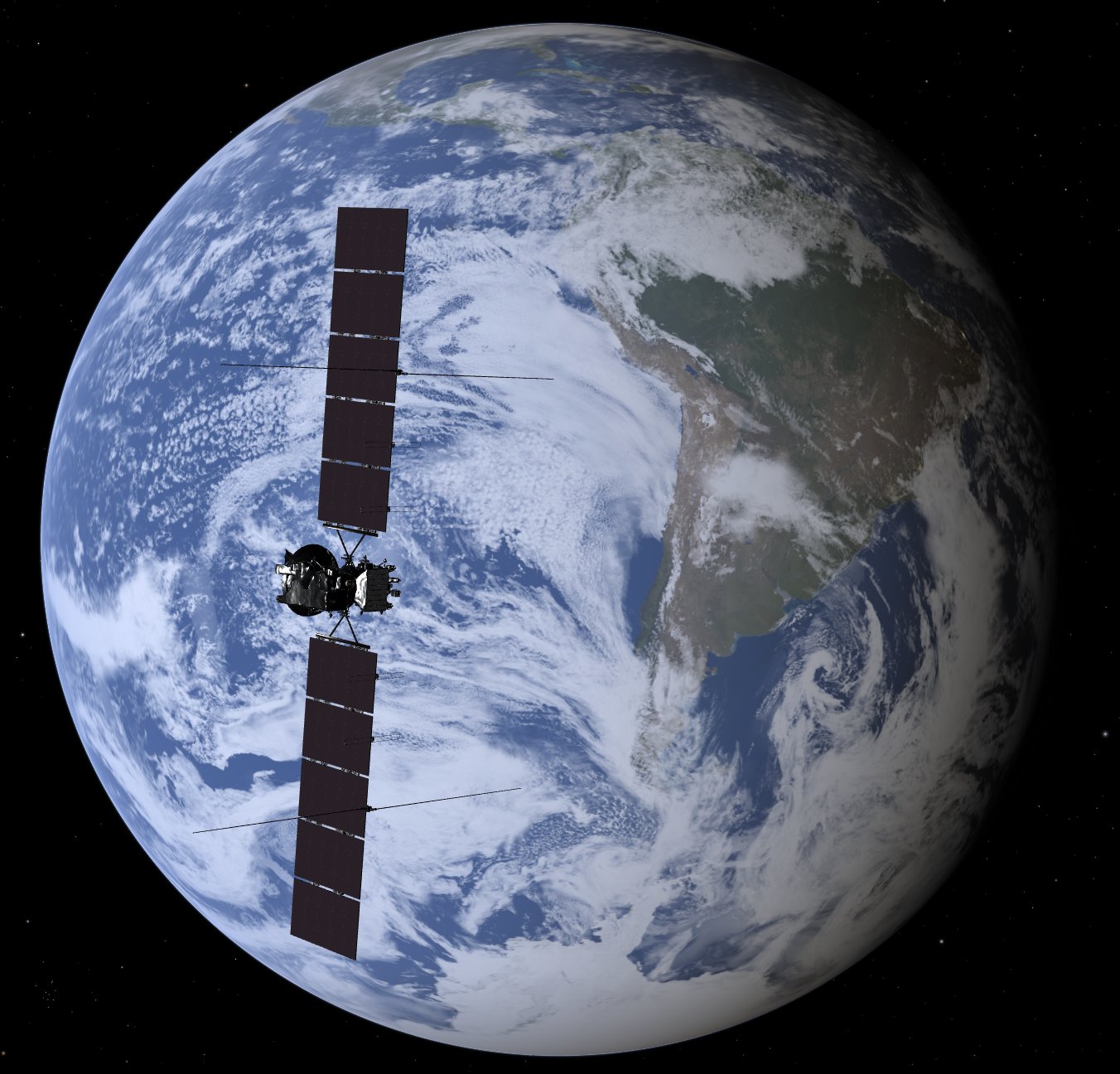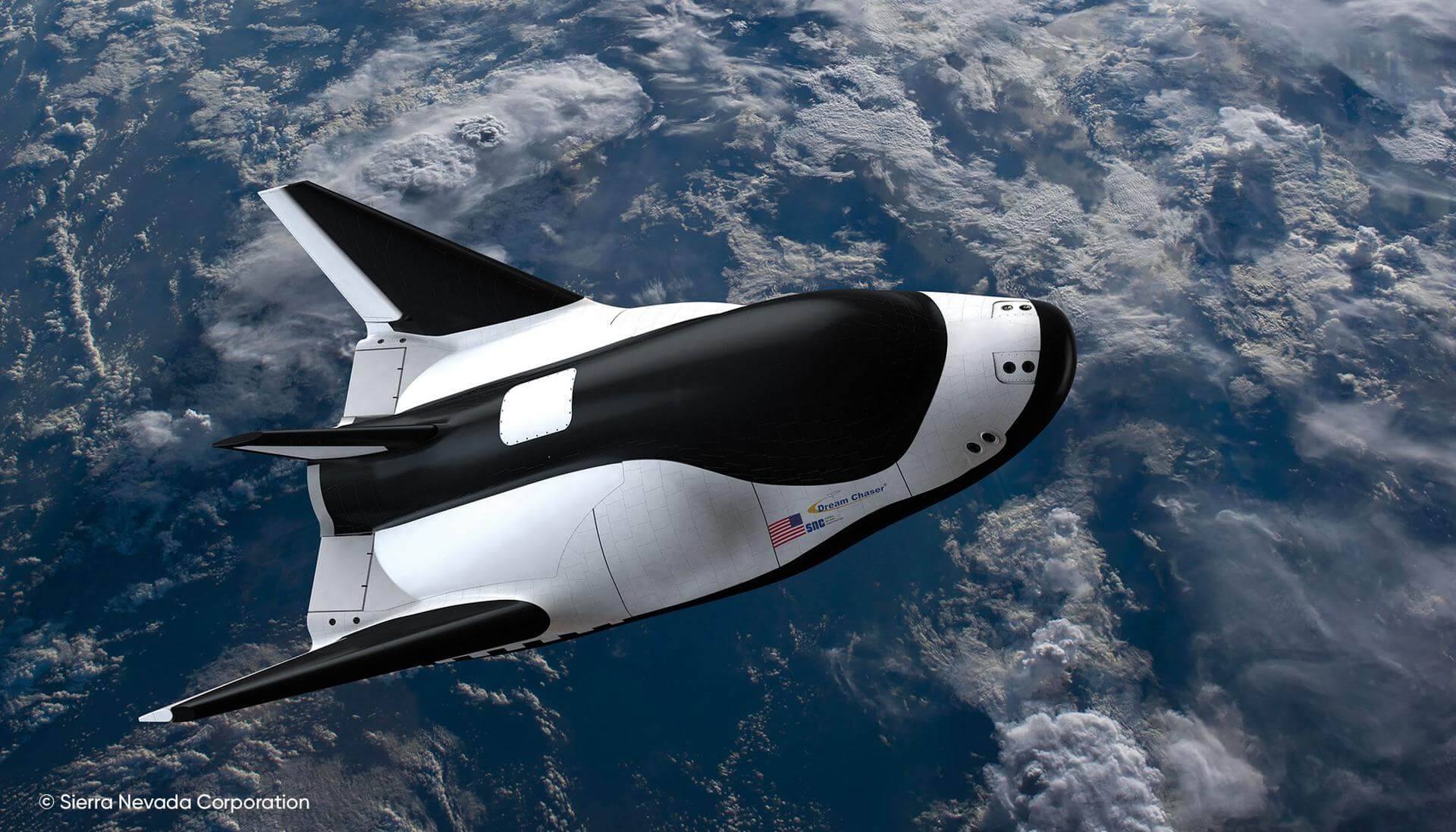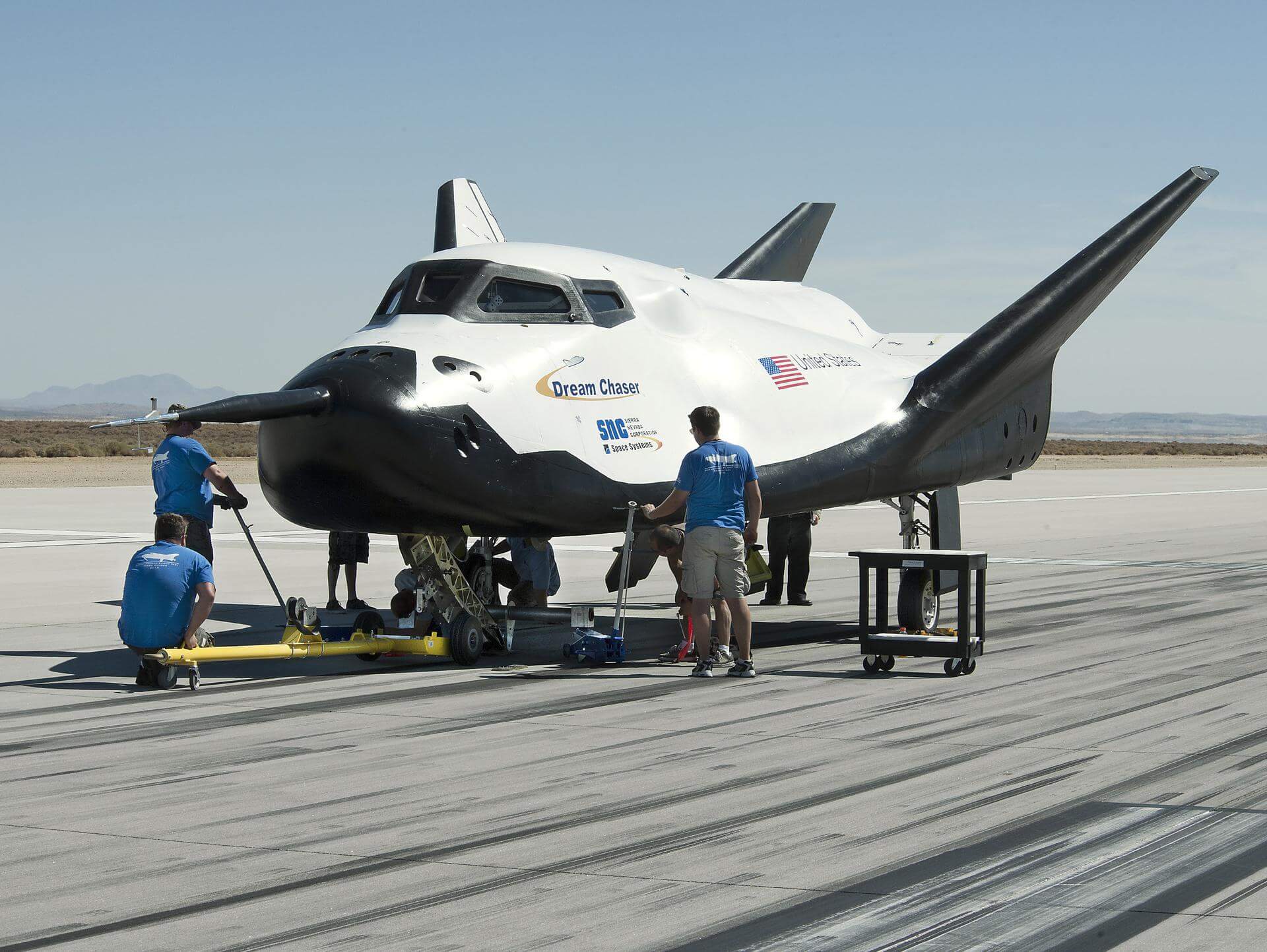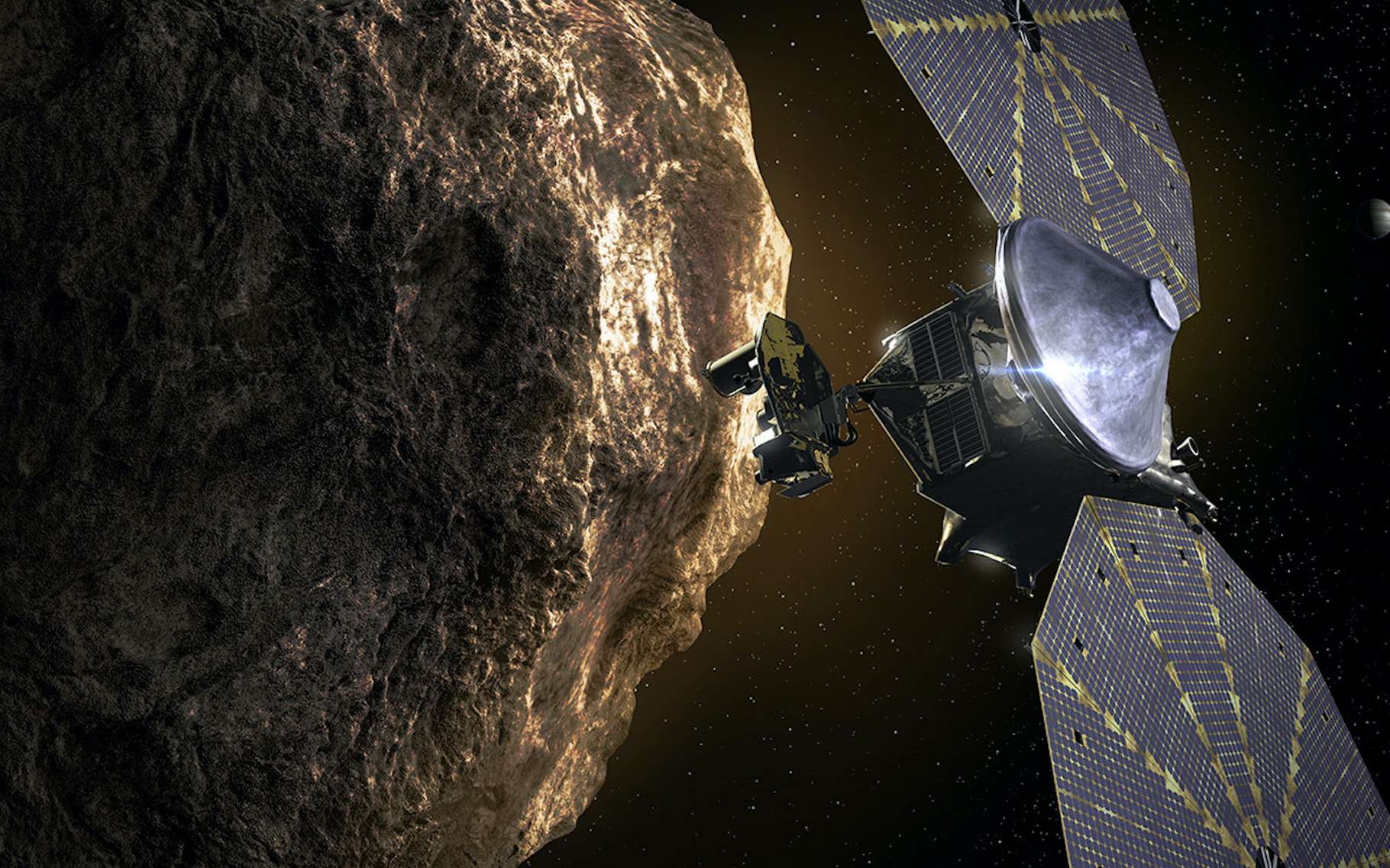Upcoming Events
Wet Dress Rehearsal
Feb 20, 2026
Artemis II Wet Dress Rehearsal #2
LC-39B, Kennedy Space Center, FL, USAThe Space Launch System (SLS) rocket for the Artemis II mission will perform a second Wet Dress Rehearsal to demonstrate the ability to load more than 700,000 gallons of cryogenic propellants into the rocket, conduct a launch countdown, and practice safely removing propellant from the rocket without astronauts inside the spacecraft.
calendar_today ExplorePress Event
Feb 20, 2026
Artemis II Wet Dress Rehearsal #2 Press Conference
Kennedy Space Center, FL, USAFollowing the second fueling test of NASA’s SLS (Space Launch System) rocket at the launch pad for the Artemis II Moon mission, leaders will discuss the outcome of the rehearsal. NASA participants include: - Lori Glaze, acting associate administrator, Exploration Systems Development Mission Directorate - John Honeycutt, chair, Artemis II Mission Management Team - Representative, Exploration Ground Systems
calendar_today ExploreSpacecraft Undocking
Feb 26, 2026
SpaceX CRS-33 Dragon Undocking
International Space StationThe SpaceX CRS-33 Dragon spacecraft will undock from the International Space Station ahead of its reentry, splashdown and recovery.
calendar_today ExploreEVA
Feb 28, 2026
US EVA-94
International Space StationTwo astronauts will exit the station’s Quest airlock to prepare the 2A power channel for future installation of International Space Station Roll-Out Solar Arrays. Once installed, the array will provide additional power for the orbital laboratory, including critical support of its safe and controlled deorbit.
calendar_today ExploreEVA
Feb 28, 2026
US EVA-95
International Space StationTwo astronauts will replace a high-definition camera on camera port 3, install a new navigational aid for visiting spacecraft, called a planar reflector, on the Harmony module’s forward port, and relocate an early ammonia servicer jumper — a flexible hose assembly that connects parts of a fluid system — along with other jumpers on the station’s S6 and S4 truss.
calendar_today ExploreCelestial Event
Mar 03, 2026
Total Lunar Eclipse
Eastern Asia, Australia, Pacific, North and South AmericaThe Moon will pass into Earth’s shadow and appear to turn red on March 3, 2026. Totality will be visible in the evening from eastern Asia and Australia, throughout the night in the Pacific, and in the early morning in North and Central America and far western South America. The eclipse is partial in central Asia and much of South America. No eclipse is visible in Africa or Europe.
calendar_today ExploreSpacecraft Release
Mar 06, 2026
HTV-X1 Release & Reentry
International Space StationThe JAXA HTV-X1 will be unberthed from the ISS before initiating a destructive reentry into the Earth's atmosphere taking waste along with it.
calendar_today ExploreFlyby
Jul 31, 2026
Hayabusa2 S-Type Asteroid (98943) Torifune Flyby
(98943) TorifuneAs part of its mission extension, JAXA's Hayabusa2 spacecraft will observe S-type asteroid (98943) Torifune during a high-speed fly-by.
calendar_today ExploreFlyby
Sep 30, 2026
Juice Earth Flyby
EarthThird flyby of ESA's Jupiter Icy Moons Explorer (Juice) mission on its way to the Jovian system.
calendar_today ExploreOrbital Insertion
Nov 30, 2026
BepiColombo Mercury Orbit Insertion
MercuryOrbital insertion around Mercury of the ESA-JAXA BepiColombo mission.
calendar_today ExploreFlyby
Dec 24, 2026
Solar Orbiter Venus Flyby
VenusSolar Orbiter, a partnership between ESA and NASA, will perform a gravity assist maneuver with Venus on December 24, 2026. Throughout its mission it also makes repeated gravity assist flybys of Venus to get closer to the Sun, and to change its orbital inclination, boosting it out of the ecliptic plane, to get the best – and first – views of the Sun’s poles.
calendar_today ExploreSpacecraft Landing
Dec 31, 2026
Boeing Starliner-1 Landing
White Sands Missile RangeFollowing its deorbit burn, the Boeing CST-100 Starliner will reenter the Earth's atmosphere and land at the White Sands Missile Range using its parachutes.
calendar_today ExploreFlyby
Dec 31, 2026
Europa Clipper Earth Flyby
EarthNASA’s Europa Clipper will fly by Earth for a second and final gravity assist on its way to Jupiter.
calendar_today ExploreDocking
Dec 31, 2026
Boeing Starliner-1 Docking
International Space StationThe Starliner-1 spacecraft will dock autonomously to the International Space Station, carrying four astronauts to the International Space Station.
calendar_today ExploreSpacecraft Undocking
Dec 31, 2026
Boeing Starliner-1 Undocking
International Space StationThe Boeing CST-100 Starliner will undock from the International Space Station and conduct a deorbit burn as part of its first operational mission. Following the deorbit burn the capsule will renter the Earth's atmosphere and land at the 'White Sands Missile Range' using its parachutes.
calendar_today ExploreSpacecraft Berthing
Dec 31, 2026
SNC-1 Dream Chaser Berthing
International Space StationNASA TV will livestream the rendezvous and capture of Sierra Nevada Corporation's Dream Chaser cargo craft to the International Space Station.
calendar_today ExploreSpacecraft Release
Dec 31, 2026
SNC-1 Dream Chaser Release & Reentry
International Space StationThe Sierra Nevada Corporation SNC-1 Dream Chaser will be unberthed from the ISS before re-entering the Earth's atmosphere and landing at Kennedy Space Center.
calendar_today ExploreSpacecraft Landing
Dec 31, 2026
SNC-1 Dream Chaser Landing
Kennedy Space Center, FL, USAThe Sierra Nevada Corporation SNC-1 Dream Chaser will land autonomously at the Launch and Landing Facility of Kennedy Space Center.
calendar_today ExploreFlyby
Aug 12, 2027
Lucy Trojan Asteroid (3548) Eurybates & Queta Flyby
(3548) EurybatesFlyby of the Trojan asteroid (3548) Eurybates and its satellite Queta by NASA's Lucy mission.
calendar_today ExploreFlyby
Sep 15, 2027
Lucy Trojan Asteroid (15094) Polymele Flyby
(15094) PolymeleFlyby of the Trojan asteroid (15094) Polymele by NASA's Lucy mission.
calendar_today ExploreFlyby
Dec 31, 2027
Hayabusa2 Earth Flyby
EarthAs part of its mission extension, JAXA's Hayabusa2 spacecraft will fly by Earth on its way to asteroid 1998 KY26.
calendar_today ExploreFlyby
Mar 18, 2028
Solar Orbiter Venus Flyby
VenusSolar Orbiter, a partnership between ESA and NASA, will perform a gravity assist maneuver with Venus on March 17, 2028. Throughout its mission it also makes repeated gravity assist flybys of Venus to get closer to the Sun, and to change its orbital inclination, boosting it out of the ecliptic plane, to get the best – and first – views of the Sun’s poles.
calendar_today ExploreFlyby
Apr 18, 2028
Lucy Trojan Asteroid (11351) Leucus Flyby
(11351) LeucusFlyby of the Trojan asteroid (11351) Leucus by NASA's Lucy mission.
calendar_today ExploreFlyby
Jun 30, 2028
Hayabusa2 Earth Flyby
EarthAs part of its mission extension, JAXA's Hayabusa2 spacecraft will fly by Earth on its way to asteroid 1998 KY26.
calendar_today ExploreFlyby
Nov 11, 2028
Lucy Trojan Asteroid (21900) Orus Flyby
(21900) OrusFlyby of the Trojan asteroid (21900) Orus by NASA's Lucy mission.
calendar_today ExploreFlyby
Jan 31, 2029
Juice Earth Flyby
EarthFourth flyby of ESA's Jupiter Icy Moons Explorer (Juice) mission on its way to the Jovian system.
calendar_today ExploreFlyby
Jun 10, 2029
Solar Orbiter Venus Flyby
VenusSolar Orbiter, a partnership between ESA and NASA, will perform a gravity assist maneuver with Venus on June 10, 2029. Throughout its mission it also makes repeated gravity assist flybys of Venus to get closer to the Sun, and to change its orbital inclination, boosting it out of the ecliptic plane, to get the best – and first – views of the Sun’s poles.
calendar_today ExploreFlyby
Sep 03, 2030
Solar Orbiter Venus Flyby
VenusSolar Orbiter, a partnership between ESA and NASA, will perform a gravity assist maneuver with Venus on September 2, 2030. Throughout its mission it also makes repeated gravity assist flybys of Venus to get closer to the Sun, and to change its orbital inclination, boosting it out of the ecliptic plane, to get the best – and first – views of the Sun’s poles.
calendar_today ExploreFlyby
Dec 25, 2030
Lucy Earth Flyby
EarthThird and final Earth flyby of NASA's Lucy mission to the Trojan asteroids.
calendar_today ExploreSpacecraft Event
Jul 31, 2031
Hayabusa2 Asteroid 1998 KY26 Rendezvous
1998 KY26As part of its mission extension, JAXA's Hayabusa2 spacecraft will rendezvous with asteroid 1998 KY26.
calendar_today ExploreOrbital Insertion
Jul 31, 2031
Juice Jupiter Orbit Insertion
JupiterOrbital insertion of ESA's Jupiter Icy Moons Explorer (Juice) mission around Jupiter, using a Ganymede gravity assist flyby to reduce its velocity, followed by two engine burns.
calendar_today ExploreFlyby
Mar 03, 2033
Lucy Trojan Asteroids (617) Patroclus & Menoetius Flyby
(617) Patroclus & MenoetiusFlyby of the Trojan binary asteroid pair (617) Patroclus and Menoetius by NASA's Lucy mission.
calendar_today ExploreOrbital Insertion
Dec 31, 2034
Juice Ganymede Orbit Insertion
GanymedeOrbital insertion of ESA's Jupiter Icy Moons Explorer (Juice) mission around Ganymede.
calendar_today ExploreSpacecraft Event
Dec 31, 2035
Juice Ganymede Impact
GanymedeAfter running out of propellant to maintain its trajectory, ESA's Jupiter Icy Moons Explorer (Juice) spacecraft will impact Ganymede due to orbital perturbations.
calendar_today Explore